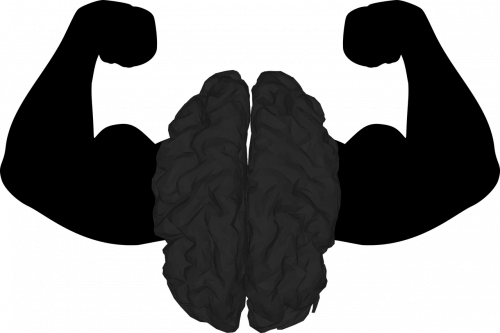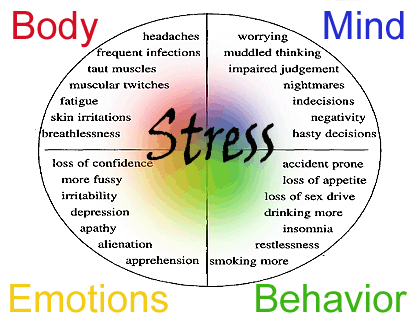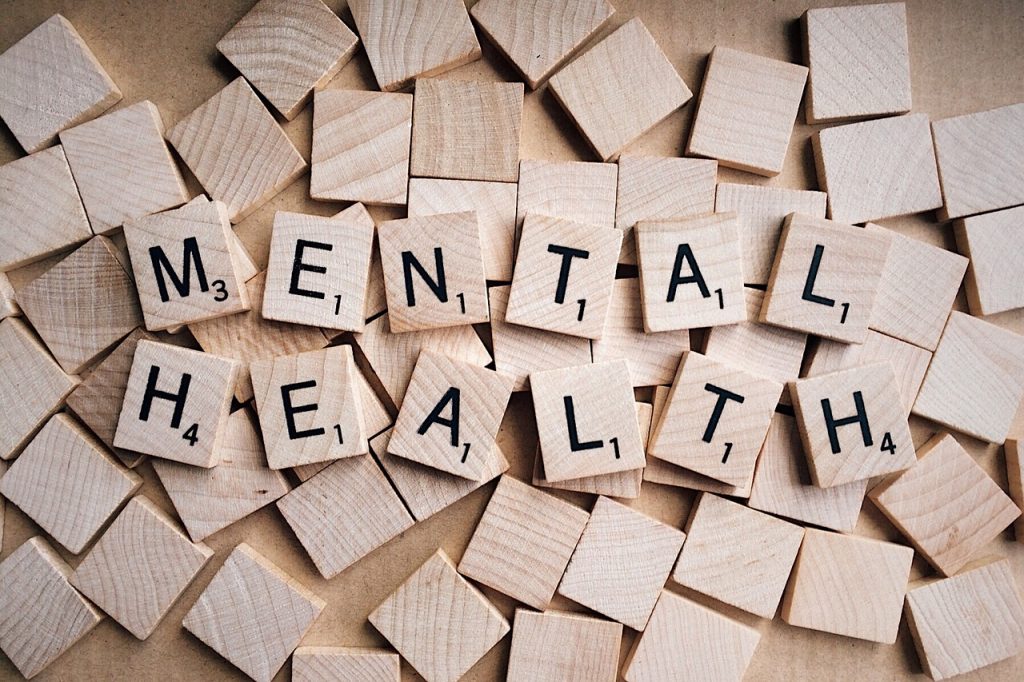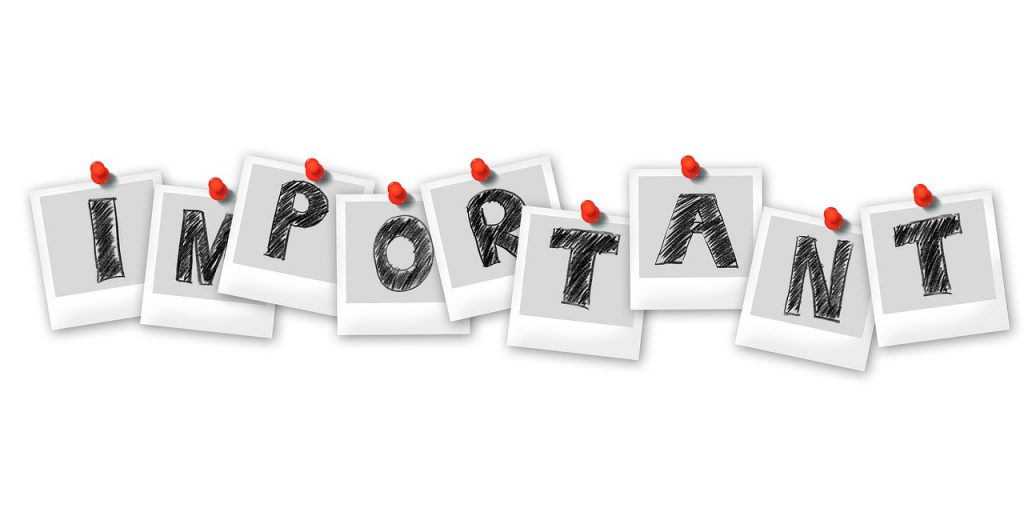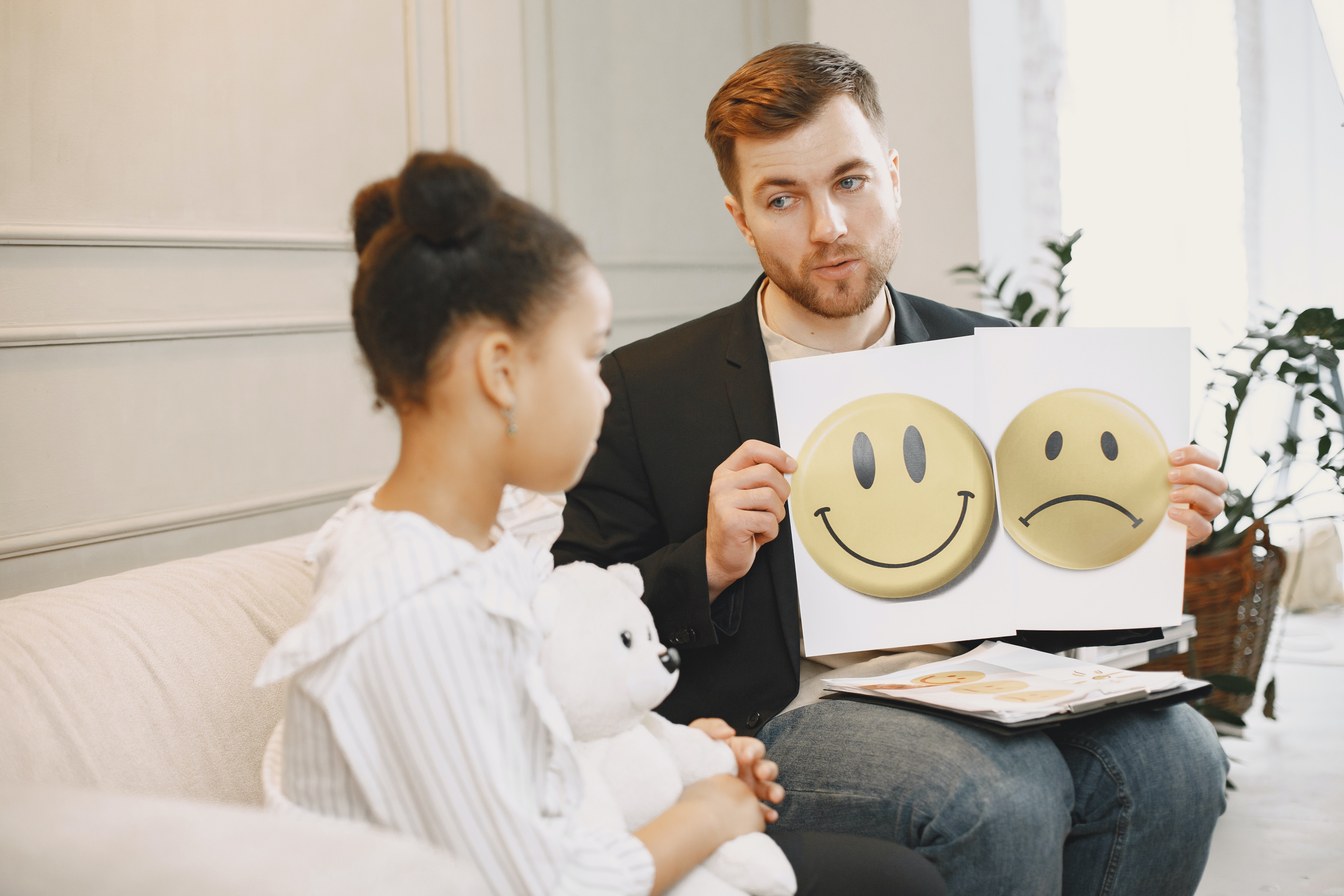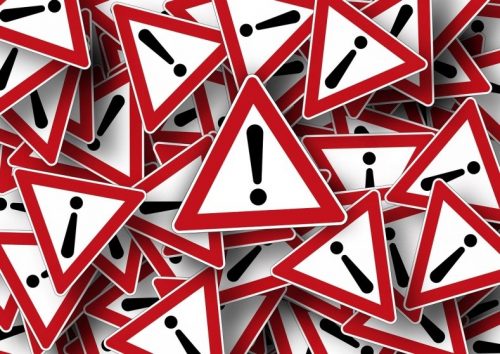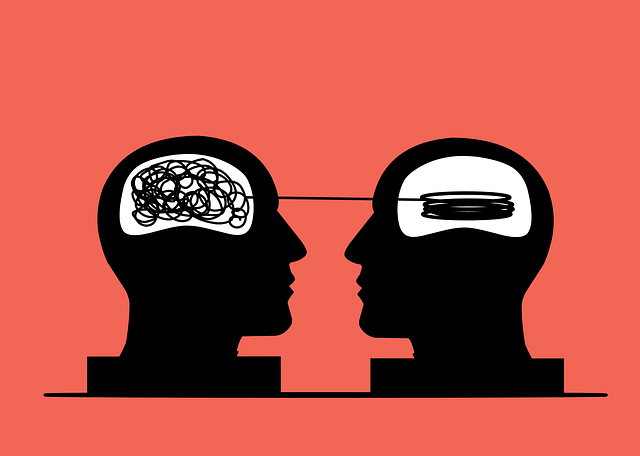I started collecting – and reading – clinical psychology-related books early. My mother, a psychologist, said that I picked up one that she accidentally dropped on the floor one day when I was around eight years old and started to read every word out loud slowly. I may not have comprehended everything mentioned in that book by then, but she said that I kept going anyway. After that, she started to bring home more books about clinical health and psychology, although they were already more appropriate for my age.
The books that my mom brought home were the ones that had a profound impact on my love for psychology at an early age. I can’t really explain it, but I was so attached and interested in understanding what the mind can do. I also wanted to comprehend the complications surrounding the brain’s amazing function and how it connects to the emotional aspects. In my early years of reading books about clinical psychology, I realized that there’s so much about the human brain’s functions and structure that I really want to delve into, including issues related to suicide episodes and the care of individuals in need.

Source: pixabay.com
My growing love for psychology books did not come without a price, of course. The first problem was the older kids at school who called me a little know-it-all, primarily because of one incident where I defended a classmate who was teased for coming from a broken home. The bullies said, “Teacher Mary taught us that apples don’t fall far from the tree. If your dad left your family, you would leave your future family, too, so don’t even think of getting married ever. Ha-ha-ha!” Of course, that is not true. Thus, I interjected and said that it was a baseless thing to say and that people could change their thought patterns if they wanted to avoid becoming like their parents, addressing the issue of major depression, mental health, and the possibility of a depressive episode. I was correct, but the older kids did not like to be told off by a younger student.
I understand that the level of my knowledge and understanding of the situation is different from the bullies. As much as I want them to understand how and why I came to say what I had to say, I am pretty much sure they would not understand. Sad to say, I can’t force those children to listen to me or trust my words because I am just a younger kid who loves psychology books. However, discussing a major depressive episode from an American Psychiatric perspective might help shed light on the challenges I face.
Another problem was that I refused to read the Bible again. As St. Anne’s Catholic School was the only private school within a three-mile radius, my parents decided to send me there. Mind you, we were not even a religious family. However, my mom believes that if I go to a Catholic church, I would learn a lot in understanding everything. She thinks that if I study in a private school, I will be ahead of my peers. During class, I used to tolerate the prayers and Bible services when I was younger, but I wanted to stick with my psychology books – and other non-religious books – when I entered middle school. The nuns at the school were horrified by my revelation and called my parents to the Principal’s office at once. It was a challenging situation, and my parents sought guidance from the American Psychiatric Association to understand and address my educational and psychological needs.
My parents stayed in the Principal’s office for a closed-door meeting for over an hour that day. Honestly, I am nervous about the situation because I know my mom. She would not argue with people and will not try to talk them out of their beliefs, but she wouldn’t stop explaining. While waiting outside the office, I feared that I might get in trouble because of what I said. Though, I know I just want to be honest about my feelings. When the door opened, the nuns were tight-lipped as my parents guided me to the car. During the meeting, the psychiatric association was mentioned, and they discussed the Diagnostic and Statistical Manual to better understand my situation.
“What happened, Mom? Am I expelled, Dad?” I asked as soon as we entered the car.
“No, sweetie,” Mom replied. “However, your father and I agreed to homeschool you for the rest of your high school so that you would no longer need to do what you don’t want. It would keep you away from those kids who bullied you, too. Would you like that?”
I had no teachers or classes to miss at school; I could see my friends after school or on the weekends. More importantly, I could keep on reading psychology books. What’s not to like about it?
“Of course, Mom. That’s the best decision ever!” I exclaimed, beaming.
That same afternoon, my mother gave me a heavy book as a present. I could barely balance it on my knees, but I read that it was the Diagnostic and Statistical Manual of Mental Disorders, Fifth Edition, or DSM 5 – the version of the manual that I had been waiting for for a long time.
Exposure To Psychology Books
I must say, reading psychology books was my best habit. I understand people’s thoughts and feelings and know how their actions impact their lives. It made me understand people’s emotions better and how they apply them in different challenging situations. Reading psychology books made me absorb information and change how I think about others. On how they make certain habits, what inspires them, what impacts their focus, what makes them think the way they think, and what makes them happy and satisfied. Reading psychiatric association materials, such as the Diagnostic and Statistical Manual, helped me work better with others. It improved my ability to communicate with people and deal with complicated social situations. Knowing things through reading psychology books made it possible for me to avoid awkward moments.
Honestly, I love knowing what to do, especially around people who are difficult to deal with. I want to be more knowledgeable in understanding others’ way of thinking and want to know how they constantly change their views or opinions towards something. Reading psychology books and keeping up with the latest research from psychiatric associations made it possible for me to understand not only others but myself as well. The best benefit I get from my reading habit is figuring out what I want, controlling my negative emotions, and dealing with my thoughts accordingly.
If there is one thing I would be thankful for in my life, that is the support that my parents gave me. Because without their support and approval of learning and doing things I want, perhaps I wouldn’t be able to say these things.

Source: pixabay.com
What are the DSM 5 diagnostic criteria?
The DSM-5 criteria are found in a mental health manual that psychological and psychiatric professionals turn to when diagnosing a patient’s possible disorder.
What is the DSM 5 code for depression?
F32 is the DSM-5 cod for depression (major depressive disorder, to be specific).
What are the DSM 5 criteria for PTSD?
Before you get diagnosed with post-traumatic stress disorder (PTSD), you should have been exposed to a traumatic event. You also likely have PTSD if you are overly pessimistic, practice self-blaming all the time, and avoid recalling your traumatic experiences.
What are the mood disorders in DSM 5?
- Depressive disorders
- Bipolar disorder
What is the difference between DSM 4 and DSM 5?
DSM-4 practically says that an individual only needs to tick any of the symptoms mentioned in the guideline before getting diagnosed. Meanwhile, DSM-5 is stricter because it requires a person to experience two or more symptoms before a diagnosis.
What is a DSM category?
A DSM category is a classification of psychological disorders found in the manual.
What Is The Classification System For Mental Disorders?
The classification system for mental disorders allows psychiatrists and psychologists to divide them based on illness symptoms and course.

Source: pixabay.com
What is the latest DSM?
DSM-5 is the latest DSM manual.
How many diagnoses are there in DSM 5?
DSM-5 technically contains diagnoses for 157 mental disorders.
Will there be a DSM 6?
It is highly possible that we won’t see a DSM-6 in the future, given that the fifth edition already contains significant changes.
What Are The Seven Types Of Mental Disorders?
- Anxiety disorders
- Eating disorders
- Psychotic Disorders
- Mood disorders
- Post-traumatic disorders
- Personality disorders
- Undetermined disorders
What are the DSM 5 criteria for schizophrenia?
According to DSM-5, an individual must show signs of hallucination, delusion, catatonic behavior, and other symptoms before being diagnosed with schizophrenia.
What are the limits of DSM?
DSM does not indicate possible treatment for any mental disorder.
How many mental disorders are in DSM 5?
There are 157 mental disorders in the DSM-5.

Source: pixabay.com
Final Thoughts
The last time I set foot at St. Anne’s, it was to receive my high school diploma. That took less than an hour of the day, considering I did not need to march with the rest of my batchmates. After that, I went straight to the university where I would take up – guess what? – psychology.
I realized as a college student that no book could ever fully prepare you for the questions of psych professors who knew better than to throw yes/no questions to students. Often, I would catch myself with my mouth hanging open whenever the teachers would talk about theories and medical conditions I did not come across in the books I had read before.
However, I found the most helpful was my DSM 5 book, especially when I went past my freshman year. While some of my classmates took a while to navigate the pages, I already knew which sections appeared on what pages. I went on to practice psychology, and there was no better backup than that book.
How does the DSM-5 classify depression?
How does DSM-5 classify mental disorders?
What are some symptoms of a major depressive disorder according to DSM-5?
According to DSM-5, a person suffering from a major depressive disorder may have a depressed mood. This can be feeling sad or hopeless. In children and adolescents, this is often shown as irritability. Another symptom is weight loss or weight gain or a sudden decrease or increase in appetite. Other symptoms are loss of interest, insomnia or hypersomnia, loss of energy or fatigue, decreased concentration, indecisiveness, feeling worthless or excessive guilt nearly every day, psychomotor agitation, and thoughts of suicide. To be diagnosed with DSM 5 depression, the person must manifest five or more symptoms during the same two-week period. It is also worth noting that at least one of the symptoms must be a depressed mood or loss of interest or pleasure.
Additional required criteria are also found under DSM-5 for major depressive disorder. The symptoms cause the person to be significantly distressed in important areas of functioning. Also, the depressive symptoms or major depressive episode is not due to a substance or another medical condition. Further, the depressive episode is not better explained by schizoaffective disorder or other specified and unspecified schizophrenia spectrum and other psychotic disorders. Finally, to be diagnosed with depression, a manic episode or a hypomanic episode should not be a part of the symptoms.
How Can You Tell The Difference Between GAD And MDD?
How Are Dysthymia And MDD Different?




